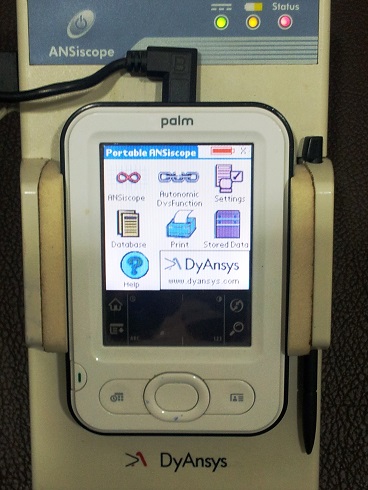PERIPHERAL VS AUTONOMIC NEUROPATHY
Neuropathy is a disorder of the human nervous system. The Central nervous system consists of the sensory nervous system and the autonomic nervous system. The sensory nervous system is responsible for sensing and managing the external environment of the body like the feet, the hands. The autonomic nervous system (a part of the body that is little understood, even by medical practitioners) is responsible for functioning of the internal environment of the body like the heart, the kidneys, the lungs. The autonomic nervous system functions voluntarily. It cannot be controlled by us it does its work silently and in the background.
Complications of diabetes lead to disorders of these systems. A disorder of the sensory nervous system leads to issues with limbs like the feet, the hands. This is called peripheral neuropathy.
Disorders of the autonomic nervous system lead to issues with internal organs like the heart, the kidneys, the lungs. This is called autonomic neuropathy .Many Diabetes suffer from silent heart attacks when they sleep at night. Dysfunction of the autonomic nervous system is at bottom of this.
Autonomic neuropathy is by far, the most serious of the complications. Some Doctors say “With peripheral neuropathy, you can lose a limb, with autonomic neuropathy u can lose a LIFE”.
Clinical Signs Of Autonomic Dysfunction.
Pupillary
e.g. Decreased diameter of dark adapted pupil.
Metabolic
e.g. unawareness and unresponsiveness of low blood sugars
Cardiovascular
e.g. Exercise intolerance, orthostatic hypotension.
(e.g. giddiness on getting up from supine to standing position )
Neurovascular
e.g. Increased sweating
Gastrointestinal
e.g. Constipation, Diarrhea.
Genitourinary
e.g. Cystopathy, Erectile dysfunction.
MEASUREMENT OF AUTONOMIC NEUROPATHY
The Ansiscope is currently the only device that makes it possible to screen and measure for autonomic neuropathy.
The results of autonomic function testing can contribute to good patient management in the following ways.
- To confirm diagnosis of diabetic autonomic neuropathy. :e.g. in case of patient presenting clinical signs which may be attributed to autonomic dysfunction.
- To assist in the establishment of tight Glycemic control Diabetes control and complications trail (DCCT) documented that intensive therapy can slow the progression and the development of abnormal autonomic function.
- To facilitate the decision to start the treatment for cardiovascular autonomic dysfunction :e.g. use of beta blockers may modulate the effects of autonomic dysfunction.To accentuate the importance of adherence to diet, this helps to maintain tight Glycemic control and physical training which improves autonomic function.
- To observe deterioration extent of patient’s health.
- To adapt treatment according to the evolution of the measurements :e.g. studies using antioxidants have shown promising results
- To provide diabetic patients with a concrete measure of the effects of their efforts on their health.

